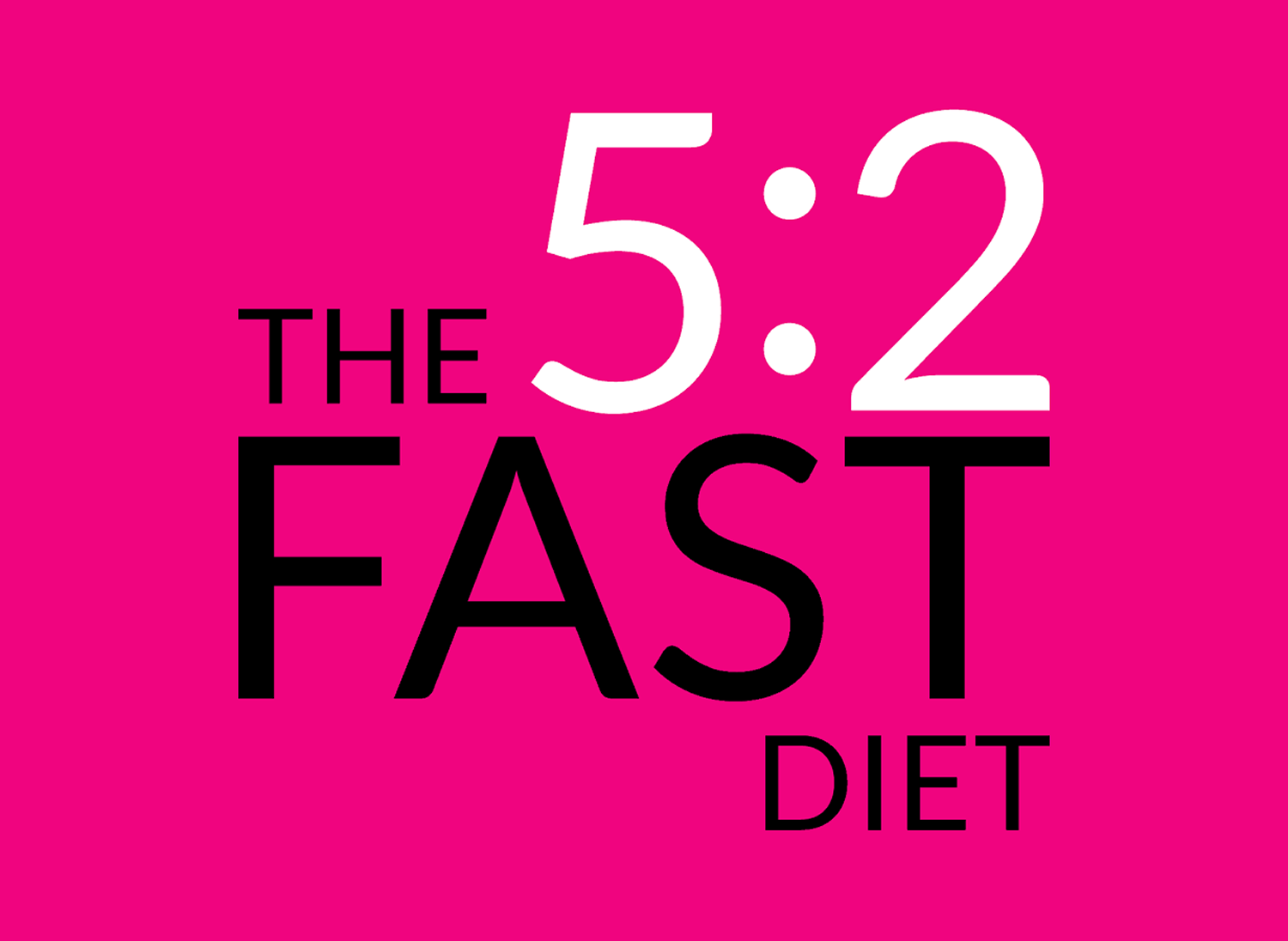

Fasting for Health and Wellness
The 5:2 Diet, also known as the Fast Diet, has gained popularity for its unique approach to intermittent fasting. Let’s delve into the principles, benefits, and considerations associated with this pattern of eating, where individuals cycle between periods of regular eating and intermittent fasting.
Understanding the 5:2 Diet
The 5:2 Diet involves a weekly schedule where individuals consume a regular, balanced diet for five days and reduce calorie intake to around 500-600 calories on two non-consecutive fasting days. This intermittent fasting pattern is designed to promote weight loss, improve metabolic health, and offer other potential health benefits.
Promoting Weight Loss and Fat Reduction
One of the primary benefits of the 5:2 Diet is its effectiveness in promoting weight loss. By incorporating intermittent fasting, individuals create a calorie deficit, leading to reduced body weight. Additionally, the fasting periods stimulate the body to tap into fat stores for energy, contributing to fat reduction.
Improving Metabolic Health and Insulin Sensitivity
Research suggests that intermittent fasting, as observed in the 5:2 Diet, may improve metabolic health by enhancing insulin sensitivity. This can be particularly beneficial for individuals at risk of type 2 diabetes, as improved insulin sensitivity supports better blood sugar control.
Cellular Repair and Longevity
Intermittent fasting has been associated with a process called autophagy, where the body initiates the removal of damaged cells and cellular components. This cellular repair mechanism is linked to increased longevity and a lower risk of age-related diseases. The 5:2 Diet’s intermittent fasting schedule may contribute to these potential benefits.
Cardiometabolic Benefits and Heart Health
Some studies suggest that intermittent fasting may have cardiometabolic benefits, including improvements in cardiovascular health. The 5:2 Diet’s impact on weight, blood pressure, and cholesterol levels may contribute to a reduced risk of heart disease and related conditions.
Enhancing Cognitive Function and Mental Clarity
Intermittent fasting has been explored for its potential effects on brain health. Some individuals following the 5:2 Diet report enhanced cognitive function and mental clarity during fasting periods. The mechanisms behind these cognitive benefits are still being studied.
Adaptable and Sustainable Lifestyle Approach
One of the strengths of the 5:2 Diet is its adaptability to various lifestyles. The flexibility of choosing fasting days allows individuals to integrate this approach into their routine without significant disruptions. This adaptability contributes to the diet’s sustainability.
Considerations for Nutrient Intake and Hydration
While the 5:2 Diet allows for regular eating on non-fasting days, it’s crucial to ensure that nutrient needs are met. A focus on nutrient-dense foods during eating windows, along with proper hydration, helps maintain overall health and well-being.
Personalized Approach and Consultation
As with any dietary plan, it’s essential to consider individual needs and consult with healthcare professionals. The 5:2 Diet may not be suitable for everyone, and personalized guidance ensures that it aligns with an individual’s health status and goals.
Explore 5:2 Diet Benefits with CloudFeed
For those interested in exploring the 5:2 Diet and its potential benefits, CloudFeed offers a supportive platform. Discover personalized meal plans, nutritional guidance, and a community of individuals practicing the 5:2 Diet on CloudFeed. Start your journey to improved health and wellness through intermittent fasting.
In conclusion, the 5:2 Diet offers a unique approach to intermittent fasting, with potential benefits ranging from weight loss and improved metabolic health to cellular repair and longevity. As with any dietary strategy, individual considerations and professional advice are crucial. Platforms like CloudFeed provide valuable resources and community support for individuals embarking on the 5:2 Diet journey.
